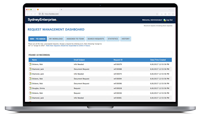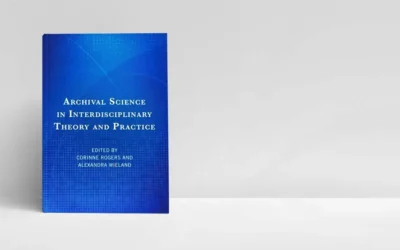AI Policies in Libraries
Lauren Hays
As generative AI continues to develop, libraries of all types will need to decide how they want to use it.
I encourage librarians to start having conversations about generative AI in the workplace. Questions you might want to ask are:
- How is generative AI being used in libraries across the world?
- How is generative AI being used in the fields we support?
- How will generative AI be used in libraries and in the fields we support?
- Where is AI already integrated into our workflow?
- How do we want generative AI integrated into our workflow? Why?
- How can generative AI support the values of librarianship?
- Where does generative AI undermine core principles of librarianship?
From these questions, and likely others that will come up, you may want to develop a policy on generative AI for your library.
When developing policies, my recommendation is to stay as broad and high-level as possible. For example, your workplace policy may be something like, “Employees will use AI in ethical manners as defined by the library/department.”
Then, library administration and departments can work together to define ethical uses. The ethical uses determined today, may need modification in a year, or six months, as the technology further develops and is integrated into more products we use. There may also be new discoveries about how the technology can be used that becomes integral to future goals.
It will be important to stay flexible with any current AI policy. Yet, I personally, believe it is important to have conversations about generative AI in libraries now because it is crucial that we establish guidelines to ensure consistent and ethical utilization of generative AI tools across the information professions, aligning their use with core values and principles.
Lauren Hays
To learn more, please join us for a free webinar, Generative AI: Considerations for Special Librarians, July 10, 2024 at 11 a.m. Pacific, 2 p.m. Eastern. (Can’t make it? Register anyway and we will send you a link to the recording and slides afterwards). Register now .
**Disclaimer: Any in-line promotional text does not imply Lucidea product endorsement by the author of this post.
Never miss another post. Subscribe today!
Similar Posts
Researching with GenAI: Tools & Tips for Special Librarians
When GenAI first became widely available, there was a great deal of discussion about how it would “hallucinate”—that is, make up content and sound very sure of itself when doing so.
Interview with the Author: Anna Neatrour on The High Impact Digital Library
Many different types of libraries have digital components, and it is important to get those digital collections in front of stakeholders.
Interview with the Editors: Wieland and Rogers on Interdisciplinary Archival Science
Alexandra Wieland and Corinne Rogers co-edited Archival Science in Interdisciplinary Theory and Practice. My interview with them is below.
Interview with the Author: Monica Berger on Predatory Publishing
Predatory publishing is a concern in all areas of librarianship. In special libraries, librarians work with experts in various fields. It is vital that special librarians understand the sector-relevant publishing landscape, and which publications maintain academic integrity.





Leave a Comment
Comments are reviewed and must adhere to our comments policy.
0 Comments